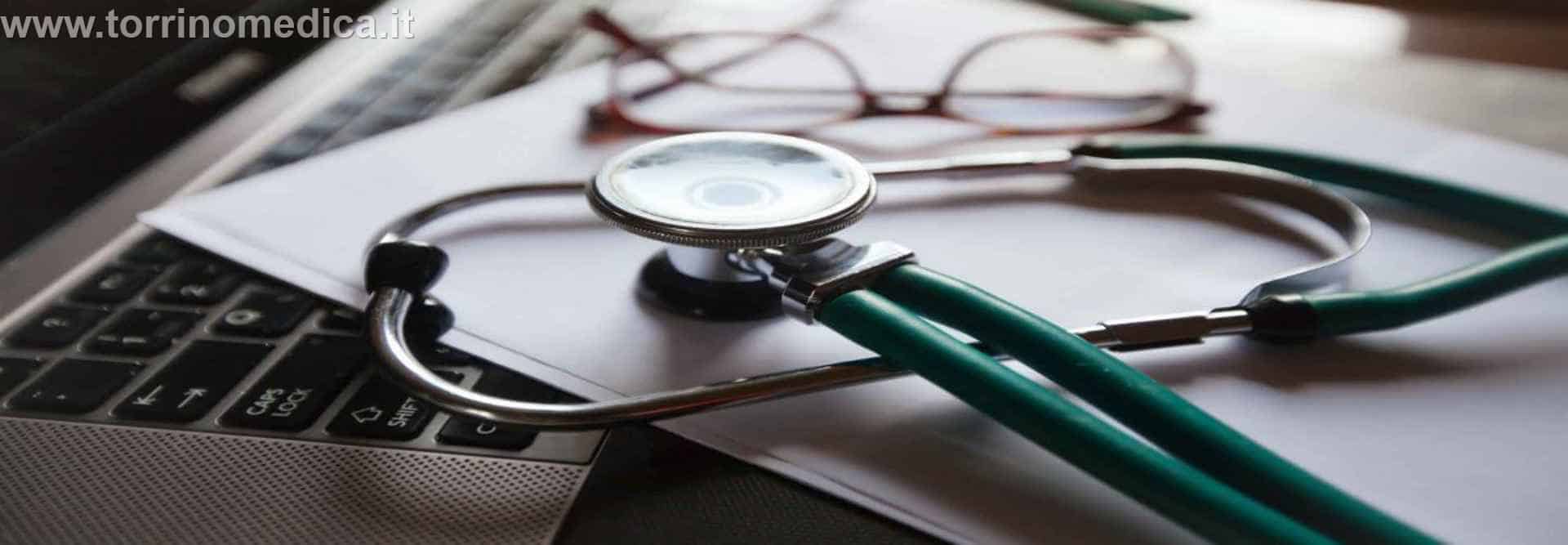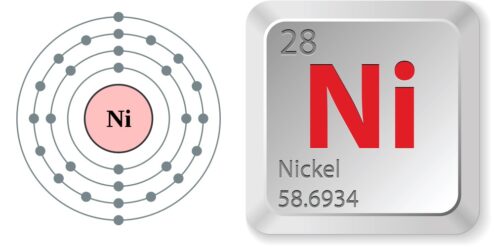Introduzione: Nickel is a naturally occurring metal that is present in our environment. It can be found in soil, water, air, and in our food. While it is an essential trace element for the human body, excessive intake can lead to health issues. One of the common sources of nickel in our diet is coffee. However, the question often arises, "Is coffee high in nickel?" In this article, we will delve into the nickel content in coffee and its potential health implications.
Understanding Nickel Content in Food Items
Nickel is a trace element that is present in various food items. Foods that are high in nickel include legumes, grains, and certain types of fish and shellfish. The nickel content in food can vary depending on factors such as the soil in which the food is grown, the water used for irrigation, and the cooking methods used. Nickel can also enter our food chain through contamination from nickel-containing utensils or machinery used in food processing. It’s important to note that the human body requires a very small amount of nickel for certain metabolic processes, but excessive intake can be harmful.
Coffee and Nickel: What Research Says
Several studies have been conducted to determine the nickel content in coffee. Research findings indicate that the nickel content in coffee can vary significantly depending on various factors. Some studies have found that coffee can contain up to 43 micrograms of nickel per liter. However, other studies have reported much lower levels. It’s worth noting that the European Food Safety Authority (EFSA) has set a tolerable upper intake level for nickel at 2.8 milligrams per day for adults. This means that even if coffee does contain nickel, the levels are typically well within the safe intake limits.
Factors Influencing Nickel Content in Coffee
The nickel content in coffee can be influenced by several factors. These include the type of coffee bean, the soil in which the coffee is grown, and the water used in the brewing process. Coffee beans grown in soil with high nickel content tend to have higher levels of nickel. Similarly, if the water used to brew the coffee contains high levels of nickel, this can increase the nickel content in the coffee. Additionally, the brewing method and the type of coffee maker used can also impact the nickel content in coffee.
How to Reduce Nickel Intake from Coffee
While it’s not possible to completely eliminate nickel from coffee, there are steps you can take to reduce your intake. Firstly, you can opt for coffee beans that are grown in low-nickel soil. Secondly, you can use filtered or bottled water for brewing your coffee. Thirdly, you can avoid using stainless steel coffee makers or utensils, as these can leach nickel into the coffee. Lastly, you can limit your coffee consumption. Remember, moderation is key.
Health Implications of High Nickel Consumption
Excessive intake of nickel can lead to a condition known as systemic nickel allergy syndrome (SNAS). Symptoms of SNAS can include skin rash, itching, headache, nausea, and diarrhea. In severe cases, it can lead to chronic conditions like asthma and chronic fatigue syndrome. However, it’s important to note that these health issues are usually associated with significantly high levels of nickel intake, much higher than what you would typically get from drinking coffee.
Conclusioni: Is Coffee Really High in Nickel?
Based on current research, it can be concluded that while coffee does contain nickel, the levels are typically well within the safe intake limits set by health authorities. Therefore, for most people, drinking coffee should not pose a risk in terms of nickel intake. However, for individuals with a known nickel allergy or sensitivity, it may be advisable to limit coffee consumption or opt for low-nickel alternatives.
Per approfondire:
- European Food Safety Authority: Nickel in food: This article provides detailed information on the nickel content in various food items and the recommended daily intake limits.
- National Center for Biotechnology Information: Nickel, its adverse health effects & oxidative stress: This research paper discusses the health implications of excessive nickel intake.
- ResearchGate: Nickel content in coffee: This study provides an in-depth analysis of the nickel content in coffee.
- ScienceDirect: Systemic nickel allergy syndrome: This article discusses the symptoms and health implications of systemic nickel allergy syndrome.
- National Institute of Environmental Health Sciences: Nickel: This page provides comprehensive information on nickel, its sources, and its impact on human health.


